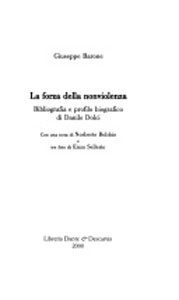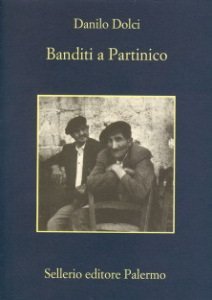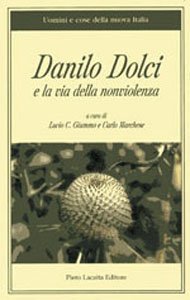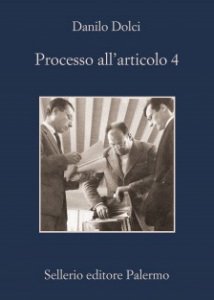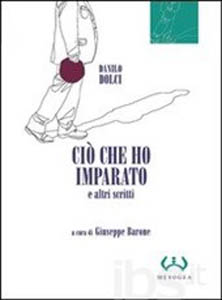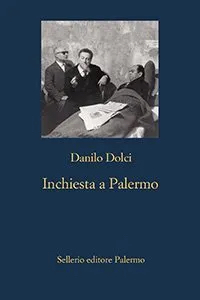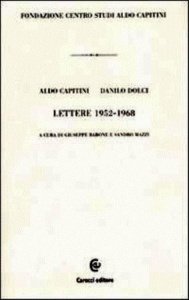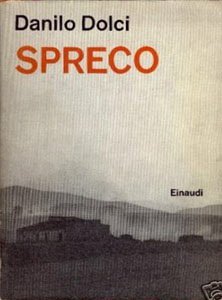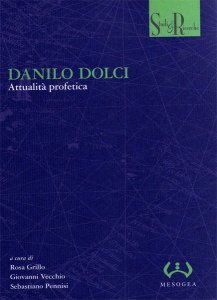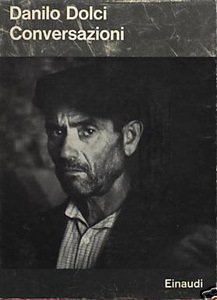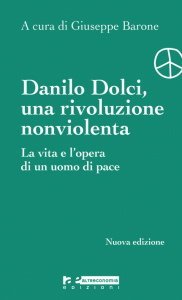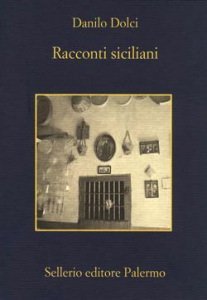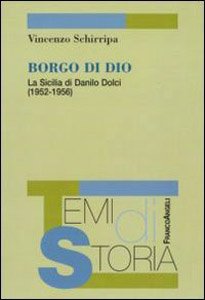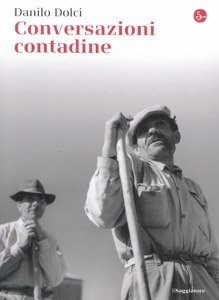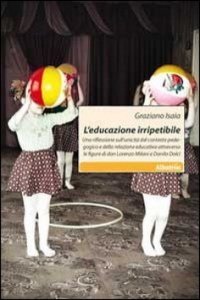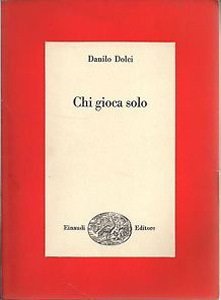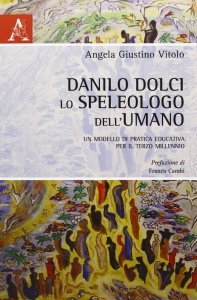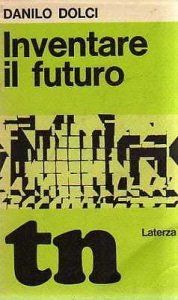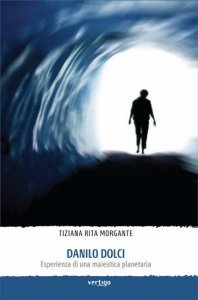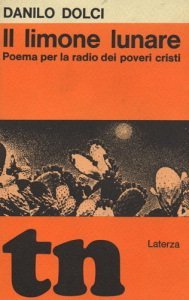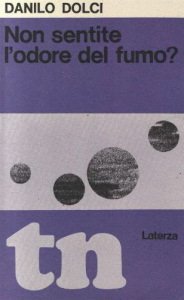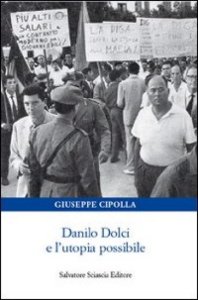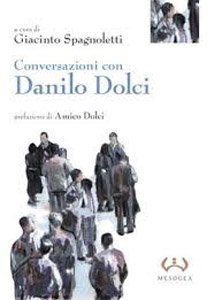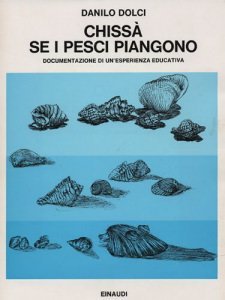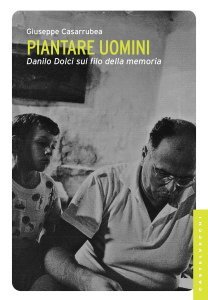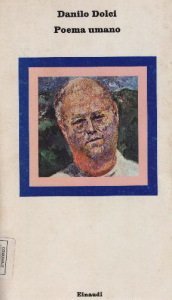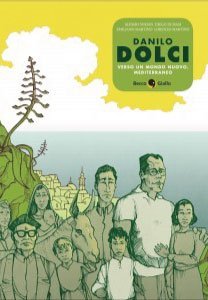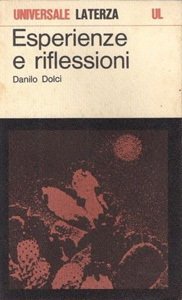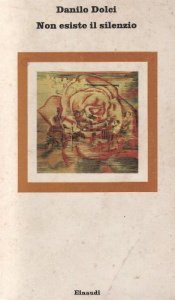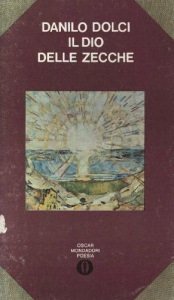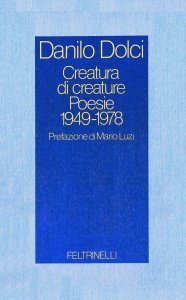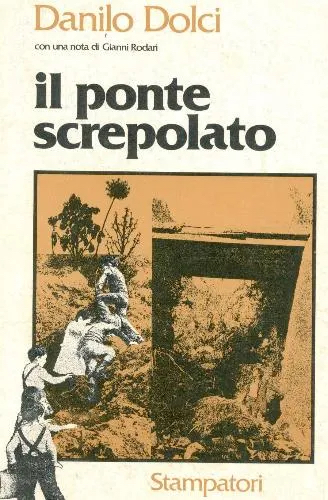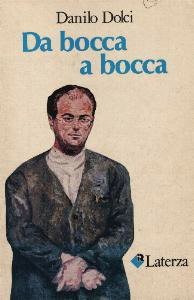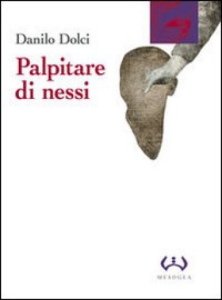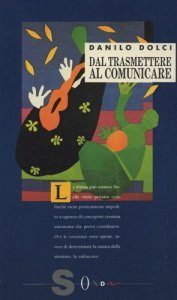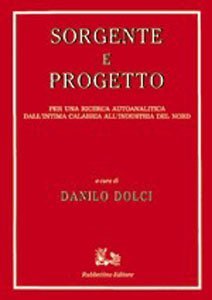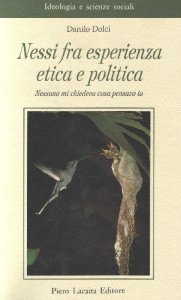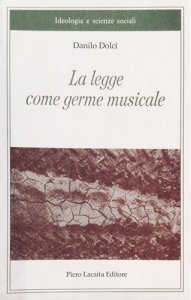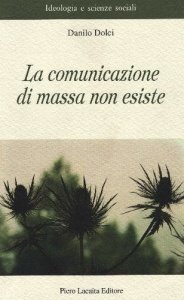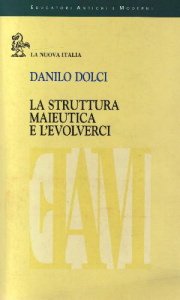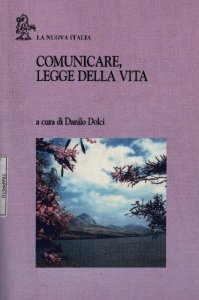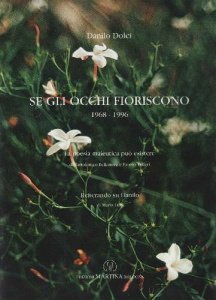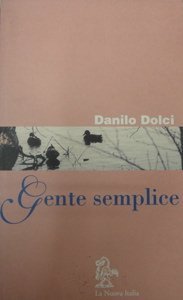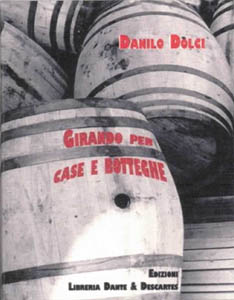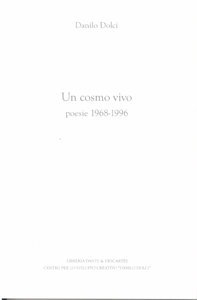He who is silent is an accomplice
A profile of Danilo Dolci
Danilo Dolci is born on 28 June 1924 in Sesana, in the province of Trieste, in a family of Enrico and Meli Kontelj, of Slovenian nationality. His father’s job of a railway employee led the family to Lombardy, where young Danilo completed his first studies. A voracious reader, his interests range from Plato’s Dialogues to the poets of German Romanticism and to the classics of Eastern thought. He is also passionate about music.
Although he had no relations with exponents of the clandestine opposition, Dolci soon developed a strong, albeit generic sense of aversion to fascism. In the Tortona area, where he lived in the early years of the conflict, he was kept under surveillance after he got caught for tearing down propaganda posters for the regime. In 1943, he refused to wear the republican uniform and was arrested in Genoa but then managed to escape by taking refuge in Abruzzo. “I reached Poggio Cancelli in the Roman Apennines, a village where I had shepherd friends”, he would remember many years later. “In a small inn-trazzera, people came in the evening, whole families, to participate in improvised octave contests. Their knowledge of nature and poetic experience was incredible […]. They knew how to observe, and yet express themselves. They spent winter in Maremma. They also knew Marino and Ariosto by heart”.
At the end of the conflict – after a brief stay in the capital, during which he attended university architecture courses and Ernesto Buonaiuti’s lectures – he returned to Milan, where he continued his studies at the Politecnico and met, among others, Bruno Zevi. The first works he published were two construction science manuals for architecture students…
Download the full document [biography of Giuseppe Barone]. [biografia di Giuseppe Barone]
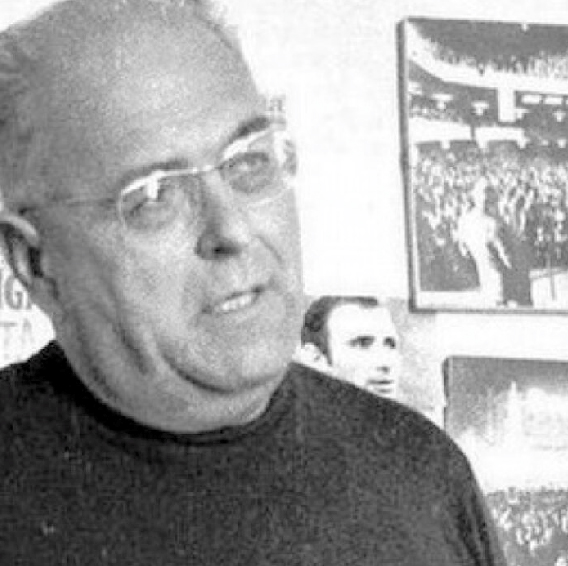
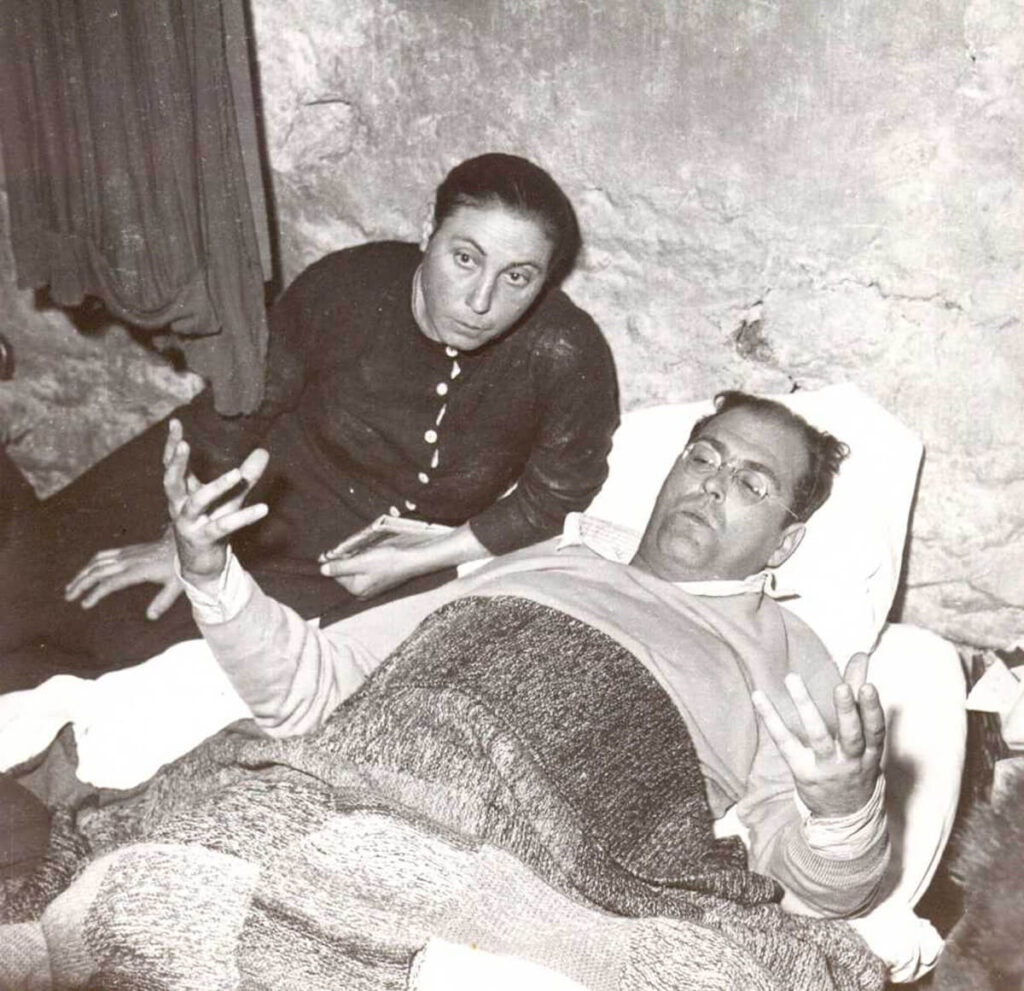
Vincenzina Mangano, Danilo’s wife, who was engaged daily with her large family and often with the convivial reception of friends from many parts of the world, actively participated in fasts and other various initiatives promoted by the Study Centre. Her presence, discreet but at the forefront, was also a reference figure for the generation of women of the 1960s and 1970s, who hardly ever made uncomfortable and courageous choices, breaking with the clientelist-mafia system and dissenting against those governments that mismanaged public affairs.
An attentive, present, tireless and generous mother, she was a perfect example of how family commitment can be combined with public, civil and political commitment in the broadest sense.
[Libera Dolci]
